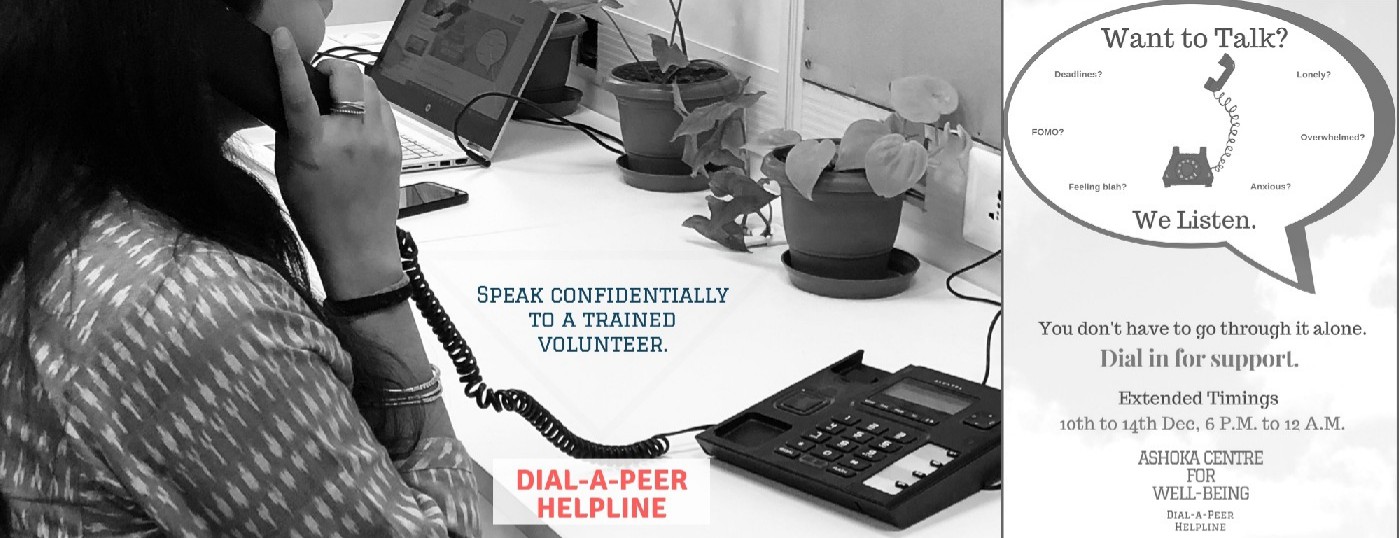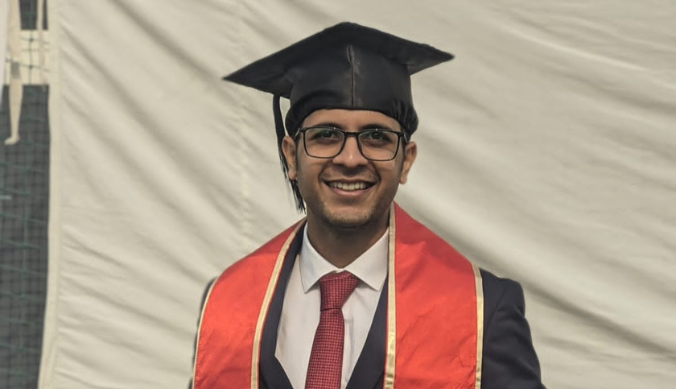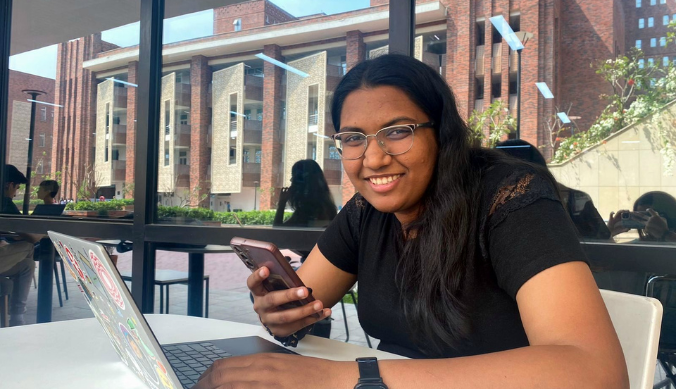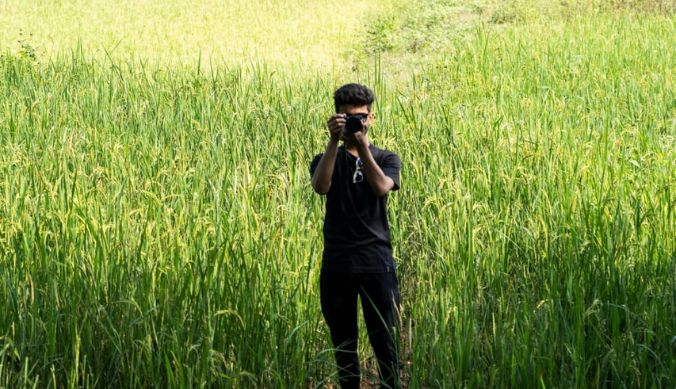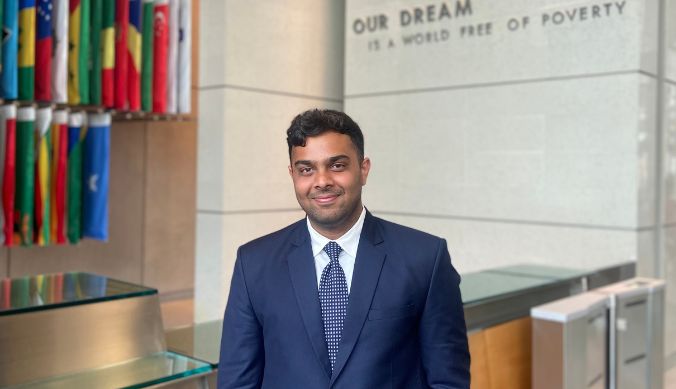Dial-A-Peer Helpline
Building a Positive Narrative of Seeking Help

Office of PR & Communications
1 December, 2019 | 10 Mins readThe Indian mental health infrastructure is overburdened. Keeping pace with the demand requires fresh solutions.
The chasm between demand and supply of mental health resources on campuses cannot be bridged only by hiring more professionals. “Members of a community are best suited to support each other.” Dr. Arvinder, Director of the Ashoka Centre for Well-Being (ACWB), is a proponent of student-run helplines. Her approach involves rigorously training carefully selected students to run a helpline on campus under the supervision of professional counsellors. The Dial-A-Peer Helpline (DAPH) allows callers to speak confidentially without fearing shame or judgement. Volunteers are coached in active listening skills and empathy to help callers vent their emotions in a safe space. They are also trained to pick up signs of anxiety and depression and to direct callers to the appropriate resources on campus. The emphasis is on lending a ear at the right time rather than giving advice. “Early intervention is crucial to help students lead a fuller life.
This year, we saw over 50 volunteers sign up to be a part of the Dial-a-Peer helpline. DAPH is open from 6 P.M. to 8:30 P.M. on weekdays. During exam time, when the lines are busiest, timings are extended till midnight. The Ashokan community has used DAPH for a variety of reasons from daily stressors to deeper psychological difficulties.
The centre creates a space for students to look out for their peers, which allows them to take ownership of the narrative of well-being at Ashoka. The Friends of ACWB program encourages students to create awareness of mental health difficulties and to campaign for well-being.
The Well-Being Lab within the centre offers training programs, one of which was the hugely successful Gatekeeper Program created in consultation with the University of Pennsylvania CAPS. Through this program, over 40 resident assistants and 90 cohort leaders were trained in identifying signs of anxiety, depression and suicidal ideation within the community, and connecting those in need of help to the appropriate resources.
To aid early intervention, mandatory sessions were conducted to orient the 700+ students of the incoming undergraduate and Young India Fellowship batches. Additionally, parents of the incoming undergraduates were given tips on guiding their wards through the transition to college.
Over the coming years, the centre aims to continue its work by creating more capacity building opportunities for all the stakeholders of the Ashokan community.





